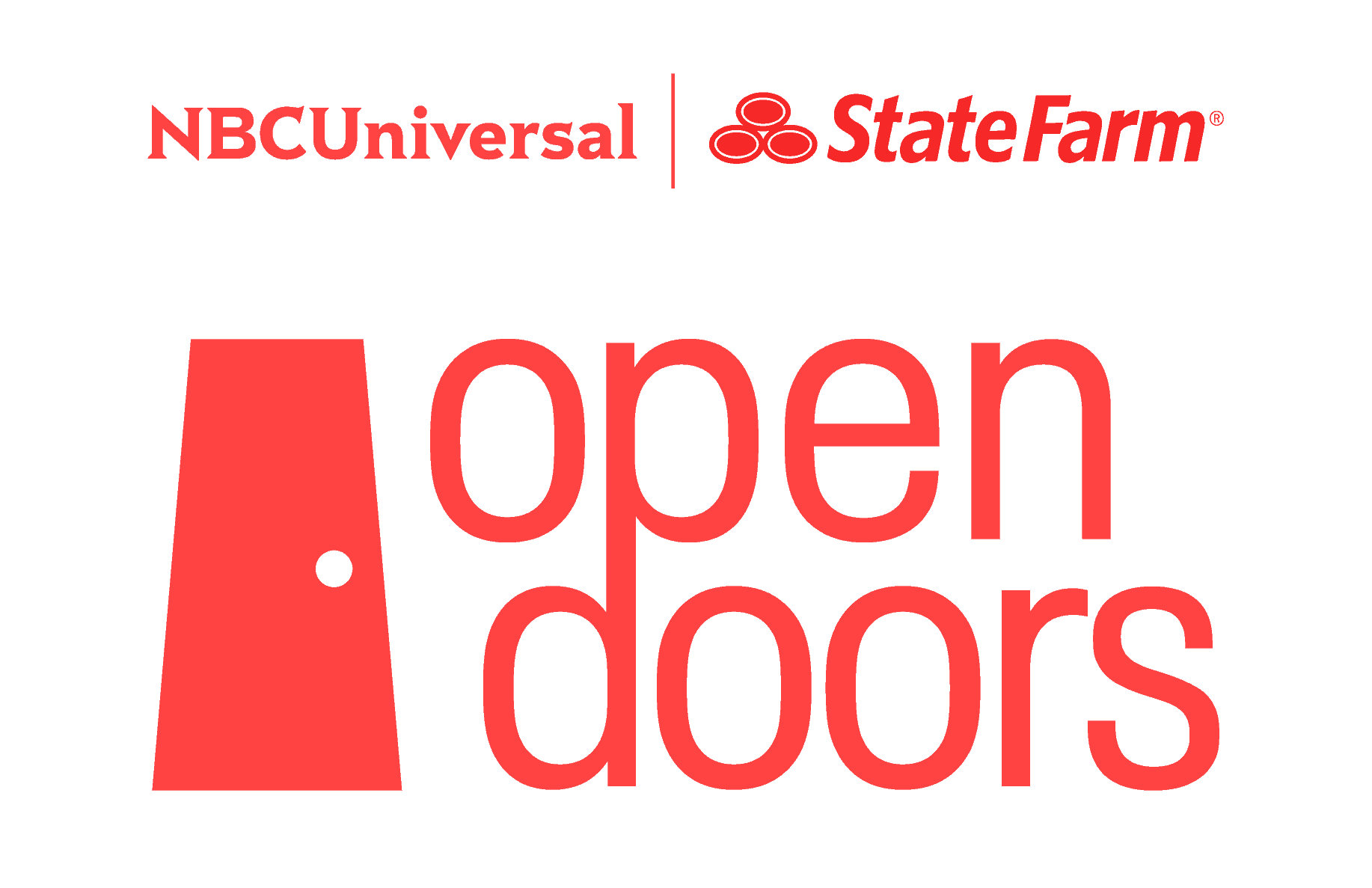
Below is an article from State Farm Simple Insights® about the financial differences of freelancing.
Take a look at what defines and differentiates work life for freelancers.
What is a freelancer?
A freelancer is a person who works as an independent contractor, instead of being an employee of a company. As a freelancer, you basically work for yourself and are self employed. You might have contracts or projects with different companies for a short period of time or on a part-time basis and, in other cases, you may work for longer periods of time for the same company. Per flexjobs.com, some of the fields that hire the most freelancers are: administrative, writing, bilingual, IT, editing and education and training.
Working for you
As a freelancer, you will work on a contract basis for many companies rather than being an employee. This means all the decision-making and other work responsibilities land on you and approaching your job might be different. As you embark on the journey of freelance work, enjoy the freedom and excitement that comes with self employment and also plan to weather the ups and downs of independent contractor work.
Since it is just you, it might take some more work on the front end, so it is a good idea for you to do some planning, including:
- Set goals. You get to decide what your goals will be.
- Work out a budget. Where is the money coming from and going to?
- Figure out benefits. Don’t forget benefits — your health care as well as retirement needs should be included.
- Plan for tax filing. Make sure you take a look at contributions and gather the documentation needed for tax-filing season.
Other things to keep in mind as a freelancer or independent contractor
Understanding what freelancing means and having a plan as you offer your work services as an independent contractor will get you started on the right foot. Here are other topics to keep in mind as you move into the freelance world:
- Flexibility. As a freelancer, you may have a more flexible schedule and you decide when to work and at what pace. It will allow you to accommodate family needs and other activities related to your lifestyle. Flexibility is one of the main reasons why people embark on freelancing work.
- Tax deductions. Make sure to take a look at expenses you might be able to deduct from your taxes, including travel expenses, business materials and computer equipment. Since you might be able to work from home, consider exploring insurance options available for equipment you own and need for work.
- Future work. One thing to consider is the amount of work you have in the current state. Since you are your own boss, you’ll want to consider balancing your current assignments as you look for new work.
The more you understand, the better you’re able to budget and protect yourself against challenges or slumps.




